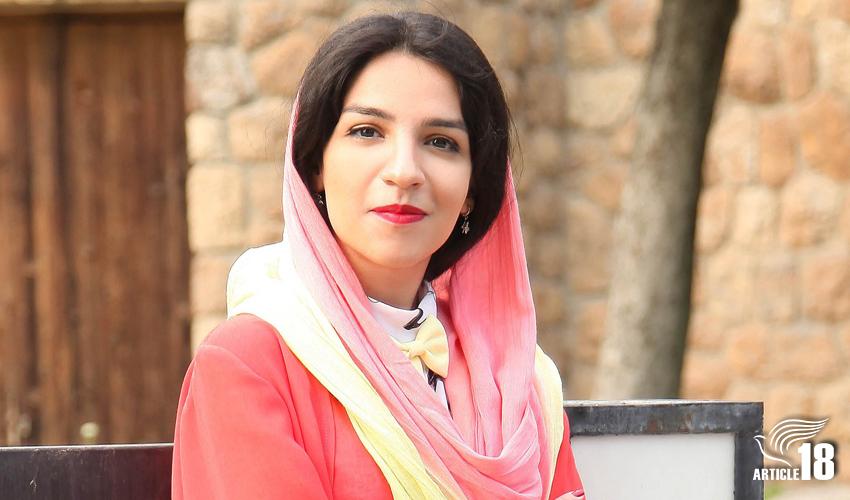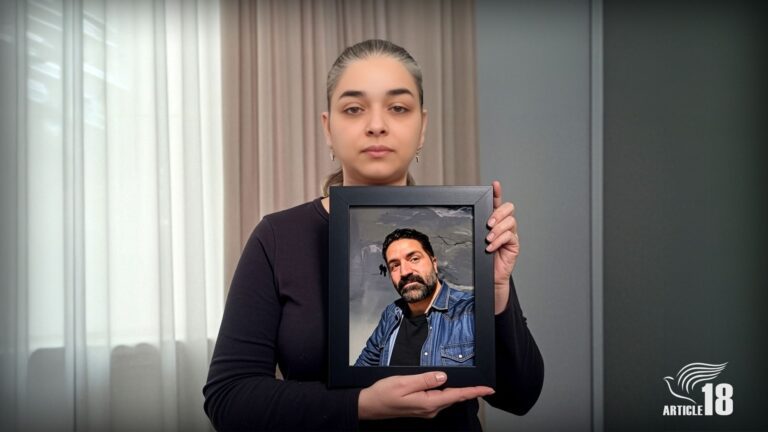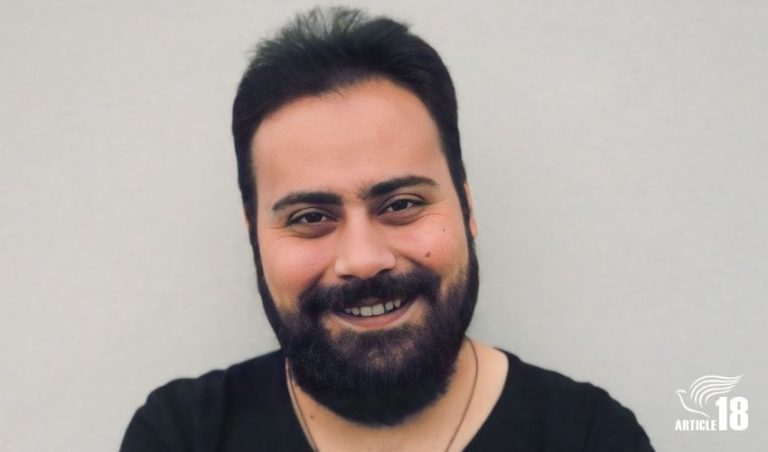By Mary Mohammadi
Iranian Christian convert Mary Mohammadi was expelled from university last December, without explanation, on the eve of her English-language exams. Nearly a year on, Mary poetically describes the immense impact of this deprivation of education and how it feels for those like her to see children and students begin another academic year without them.

In the land in which I breathe, the month of Mehr, when school begins again, holds no more significance for me any longer than the other 12 months of the year.
Mehr, which with each passing year reopens the wounds and tears apart the hearts of those deprived of education – one through poverty, another because of their religious or political beliefs, and still another by prison bars.
Whether you’ve been denied entry to school or university, or kicked out, deprivation of education is like life imprisonment or exile that has been issued in absentia, or the verdict of a court case you haven’t even been allowed to read.
They torture us in this hell, as if there were no other way to line their pockets. Whether by the gun, the rope, or torture, or just by putting you under so much pressure to tempt you to want to take your own life. But another tool they use that isn’t obvious, and that few people see, is the deprivation of fundamental rights – the bare minimum that enables a person to survive.
The one deprived of education soon realises how much more there is to it than the simple lack of presence on a campus, decoration of a wall with a degree, or even just the joy of learning in the classroom.
Everything is affected – your work, income, social status, identity, mental health, satisfaction with yourself, your life, your place in society, your independence; and as a woman it’s even harder to remain patient and endure, in a society so opposed to women and femininity, though crying out for them both.
You have entered a chain of successive and horrible deprivations. It’s not only the government; your community too – former classmates and friends, who compound the blow by being so ready to take their side.
As time goes by and the consequences of your deprivation of education intensify, leading to exclusion from society, they even begin to forget you, as what happened to you fades from their minds.
There is nothing to stop you tumbling down the steep slope towards bitterness and longing for revenge, but you know that path only ends in misery.
There may have been no bloodshed, or explosive sound; no ugly iron bars like in prison. But this just means that no-one sees you or hears your pain.
They don’t kill you instantly, but make you wish for death, instead of fearing it. The deprivation they have prepared for you is so hard, constricting and life-destroying that it is as if you have been nailed to a cross, or buried alive up to your neck, and you have to stay there until you die.
Everyone, from the torturer to the spectator, watches for no more than a few minutes, and then the entertainment ends. The spectators don’t even bother to watch you die; they happily leave you and their seats behind, one by one.
And you, half-dead, with bloodshot eyes from the pressure and the pain of it all, watch each departure almost inertly, through only the movement of your eyes.
You are rejected – from society and from whatever else has life in it. But unbeknown to them, tomorrow will be their turn, they are next in line, and everything that happened to you will happen to them. Your story is repeated, even to the point that eventually it becomes too repetitive for people to take notice of it.
This is the sad story of those deprived of education. But with all our tears and wounds, even our lifeless corpse, we can laugh at the coming humiliation and despair of the tyrant, because surely he is doomed to collapse and annihilation.
The closer the oppressor and tyrant come to the abyss and their moment of collapse, the more fitful and fruitless their desperate attempts to save themselves become.
I don’t seek pity, lamentation, or mourning. I stand here only to expose these unspoken dimensions of oppression, until the day comes when I see the realisation of the inalienable rights of every victim of human rights violations, and celebrate the imminent fall of the oppressor and tyrant, and to purify humanity as soon as possible from this shameful stain of injustice.



0 Comments
Trackbacks/Pingbacks